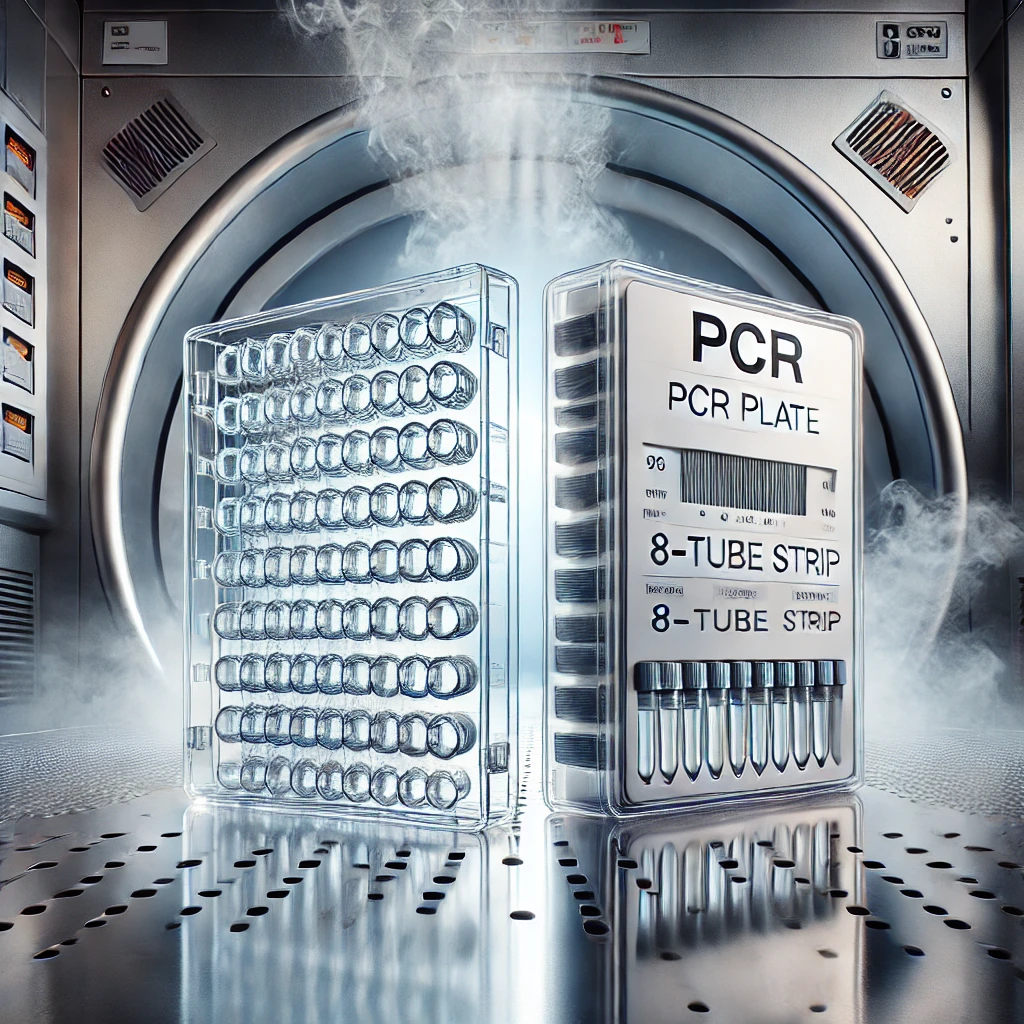Is autoclaving an essential pre-work for PCR consumables, tips and related plasticware?

Someone might have a question...
"Is Autoclaving an Essential Step for PCR Consumables and Plasticware?"
If you're working in molecular biology, you might be wondering: is autoclaving necessary for PCR consumables like tips, tubes, and plates? The short answer is no—especially if you're using modern consumables under qulified production processes. Here's why.
Why Autoclaving Isn't Necessary
In most cases, PCR consumables are manufactured to be DNase, RNase, and pyrogen-free, meaning they’re ready to use straight out of the box. These contaminants are what you really want to avoid in your sensitive PCR reactions, and autoclaving won’t necessarily remove them. In fact, some plastics may deform under autoclave temperatures, compromising the precision required for PCR processes. Pre-sterilized products, certified by manufacturers, are a much safer option.
What Are the Risks of Autoclaving?
Autoclaving introduces potential risks. High heat and pressure can cause plasticware to warp or lose its structural integrity, especially if it's not designed to withstand these conditions. Imagine running a critical PCR only to find that your tubes are leaking or your tips don’t fit snugly! It’s not worth the gamble when alternatives are readily available.
Better Solutions for Contamination-Free PCR
If sterility is a priority, opt for consumables that are certified as nuclease-free. You can also consider using UV irradiation or chemical treatments like RNase and DNase decontamination sprays. This approach ensures you're working with clean tools, without risking damage to your plasticware.
When Autoclaving Might Be Considered
While not essential for most PCR plasticware, autoclaving may still have its place in certain lab protocols. For example, glassware or other non-plastic items may require autoclaving if sterility needs to be ensured. However, this is generally not recommended for PCR-specific consumables.
Conclusion: Choosing the Right Consumables
Ultimately, to get the most reliable PCR results, it’s better to invest in high-quality, certified consumables rather than rely on autoclaving. This ensures your experiments remain free from contamination while preserving the integrity of your equipment.
Looking for sterile, ready-to-use PCR consumables? [SMB Biotechnology] offers a wide range of pre-treated products, including PCR sealing films, tubes, and foils, all designed to meet the highest standards of purity. Contact us today to learn more about how we can support your specific laboratory needs.

